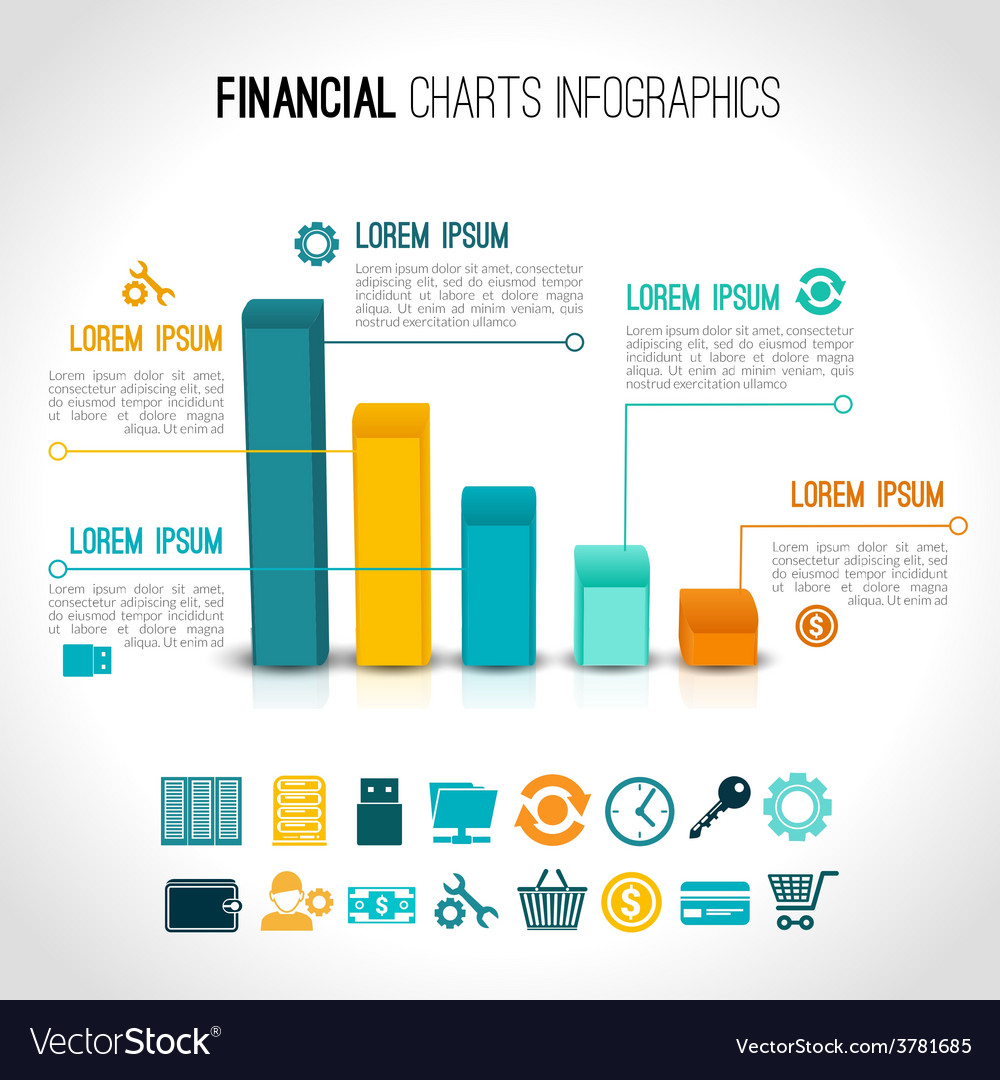Discover The Unanticipated Costs And Consequences Of Disregarding An Efficiency Bond, And Recognize Why It's Necessary To Steer Clear Of This Expensive Blunder
Discover The Unanticipated Costs And Consequences Of Disregarding An Efficiency Bond, And Recognize Why It's Necessary To Steer Clear Of This Expensive Blunder
Blog Article
Short Article By-
When a guaranty concerns a performance bond, it ensures that the principal (the party who buys the bond) will accomplish their responsibilities under the bond's terms. If the primary stops working to meet these obligations and defaults on the bond, the guaranty is responsible for covering any kind of losses or damages that result.
1. Loss of track record: Defaulting on a performance bond can damage the principal's credibility and reliability, making it tougher to secure future business or funding.
2. Legal and management prices: The surety may need to pay legal and management expenses associated with seeking the principal for problems or trying to fix the scenario.
3. Monetary losses: The surety may require to cover the price of completing the project or providing the solutions that the principal fell short to supply. This can cause significant economic losses for the surety.
4. Enhanced premiums: If the principal has a history of back-pedaling efficiency bonds, they might be needed to pay greater premiums in the future to obtain the essential bonding.
On the whole, back-pedaling an efficiency bond can have significant economic repercussions for both the principal and the surety. It is very important for principals to thoroughly consider their obligations and guarantee they are able to meet the regards to the bond to prevent these negative end results.
Back-pedaling a performance bond can be an expensive mistake for organizations. When you stop working to satisfy the bond's commitments, the financial effects can be significant. From paying indemnity bonds to prospective lawful fights and damaged partnerships, the consequences can resound throughout your business procedures. Comprehending the elaborate internet of financial impacts that defaulting on a performance bond can have is crucial for protecting your business's financial wellness and online reputation.
Financial Penalties for Defaulting
If you default on a performance bond, you'll likely deal with considerable punitive damages. These charges can differ depending upon the regards to the bond contract yet commonly involve paying the bond quantity in full to the obligee. This implies that if you stop working to accomplish your legal obligations, you should pay the bond total up to the job owner or the entity that required the bond.
Additionally, you might likewise be responsible for any kind of extra expenses incurred by the obligee due to your default, such as finding a substitute contractor or covering job delays.
Back-pedaling a performance bond can also lead to legal fees and court costs if the obligee makes a decision to take lawsuit versus you to recuperate the bond quantity. These expenses can rapidly accumulate, further aggravating the financial influence of your default. It's important to carefully evaluate and comprehend the terms of the efficiency bond to stay clear of these severe financial penalties.
Influence On Company Cash Flow
Defaulting on a performance bond can substantially impact your company cash flow, influencing economic stability and operational capabilities. When you back-pedal a performance bond, you take the chance of losing the bond quantity, which can be a considerable sum. This loss directly impacts your cash flow, as you'll require to find different resources of funding to cover the bond quantity. Additionally, defaulting can result in increased scrutiny from guaranties, making it tougher and more costly to secure bonds in the future. This can additionally stress your cash flow as you may require to allocate added sources to satisfy bonding requirements.
The impact on your cash flow does not stop there. Defaulting on an efficiency bond can also cause job delays or cancellations, leading to a loss of earnings. Furthermore, the unfavorable online reputation that includes defaulting can deter possible clients, additionally minimizing your capital. Generally, defaulting on a performance bond can have destructive impacts on your company's economic health and ability to operate efficiently.
Legal Implications and Claims
Dealing with legal implications and potential legal actions as a result of defaulting on a performance bond can dramatically impact your service's online reputation and economic standing. When you default on an efficiency bond, the surety firm might take lawsuit to recover the bond amount paid. This might lead to costly legal charges, court costs, and possible settlements or judgments versus your business.
In addition, back-pedaling a performance bond might lead to harmed relationships with customers, subcontractors, and vendors, affecting your capacity to protect future contracts. Lawsuits emerging from bond defaults can stain your business's reliability in the industry, making it challenging to attract brand-new companions or consumers.
Furthermore, if the default leads to a court judgment versus your service, it might lead to property seizure or liens, further stressing your monetary stability. Consequently, it's vital to comprehend the legal implications of defaulting on an efficiency bond and take proactive actions to reduce the threats included.
browse around here
As you encounter the repercussions of defaulting on an efficiency bond, remember this: it's like strolling a tightrope without a safety net. One wrong move can send you dropping right into an economic freefall, with no method to quit the loss.
The punitive damages, cash flow effect, and legal ramifications are all waiting to catch you if you slip up. So tread carefully, and constantly recognize your dedications to avoid the extreme consequences of default.
